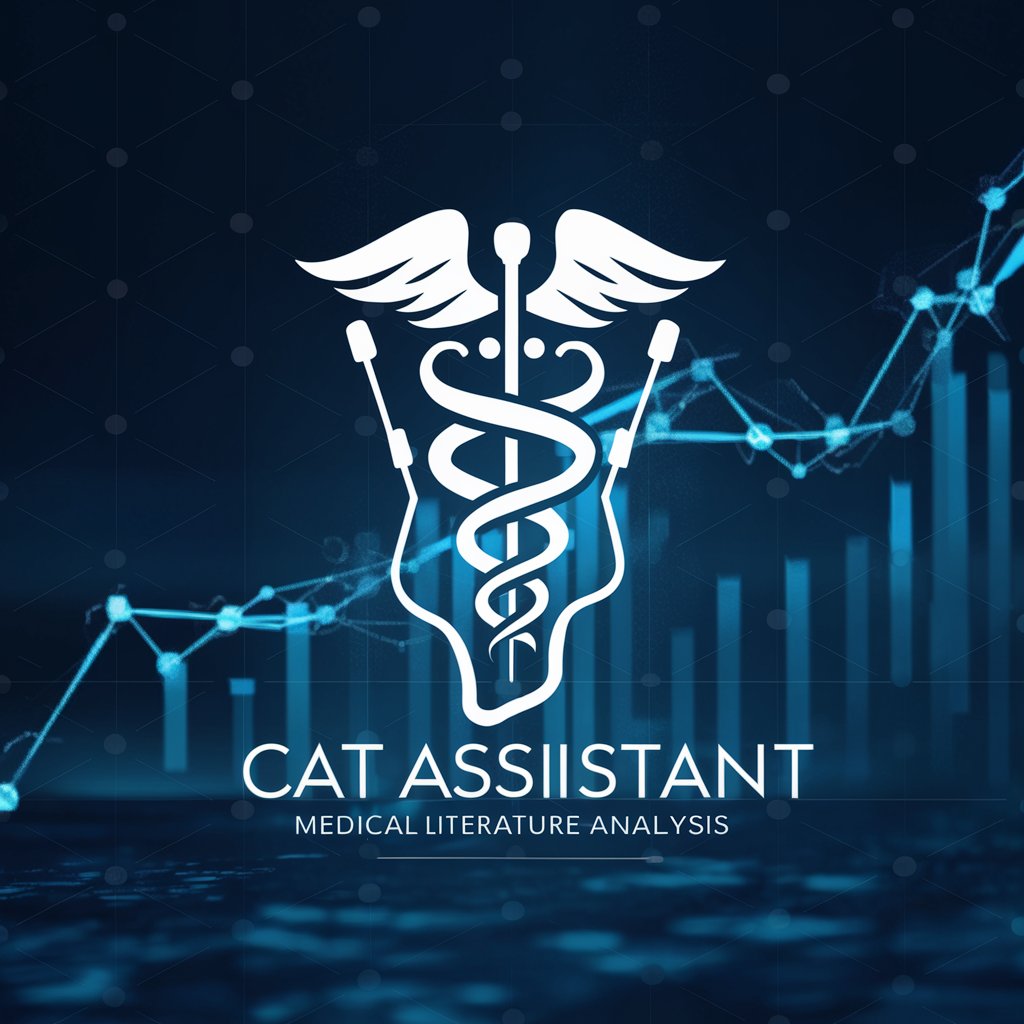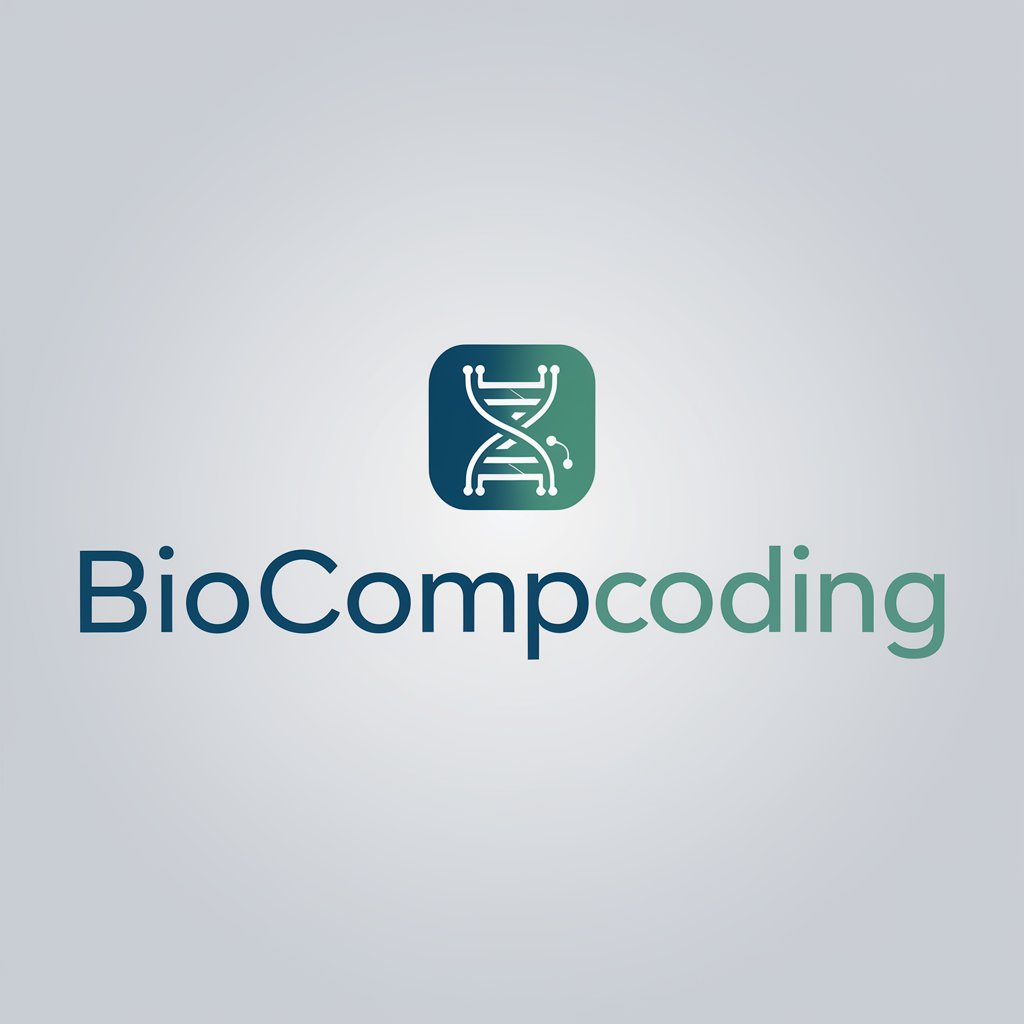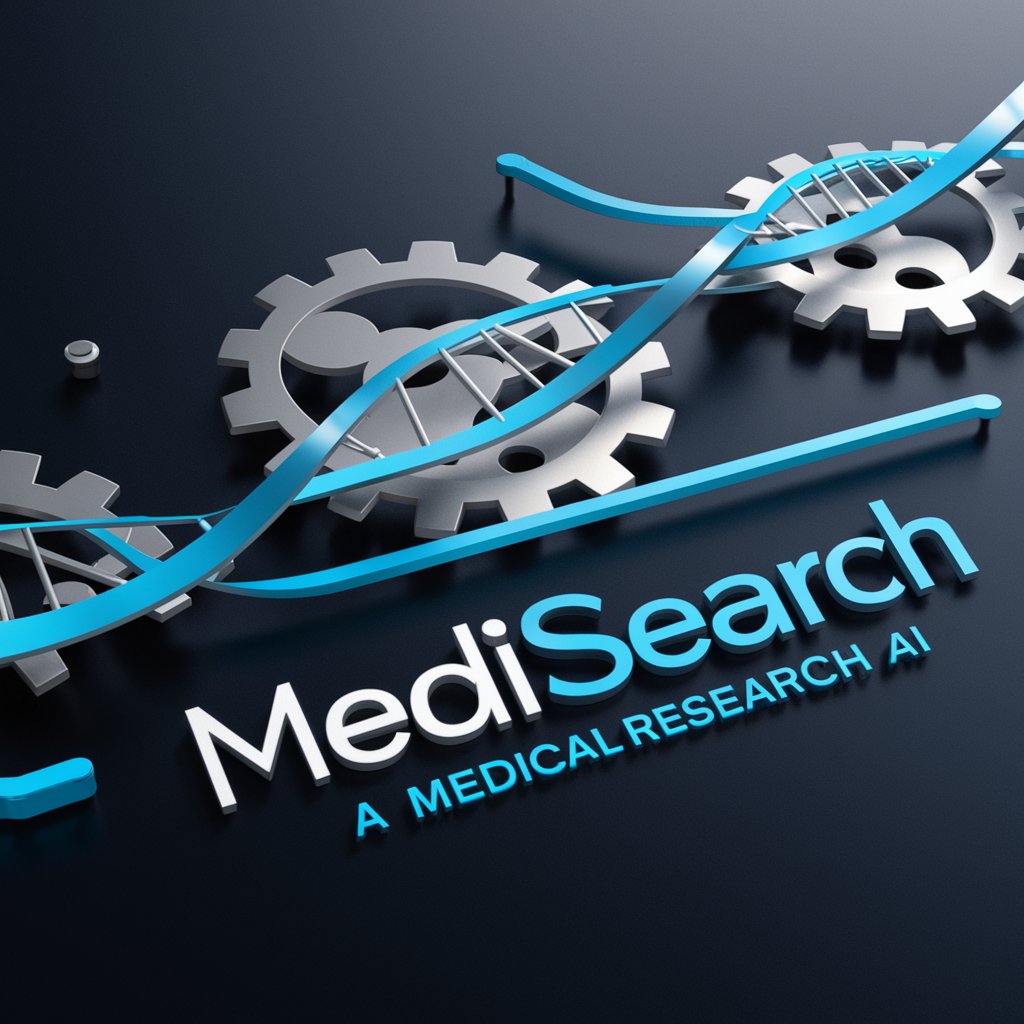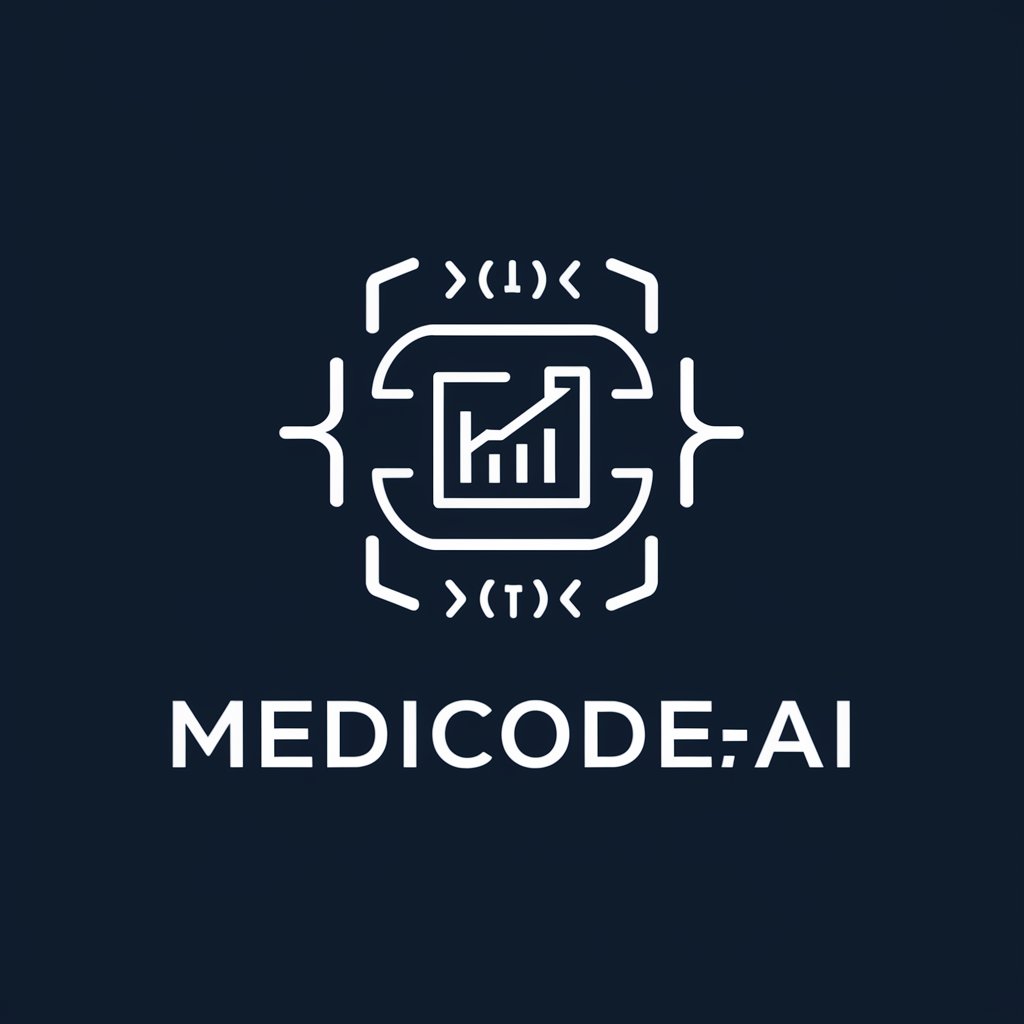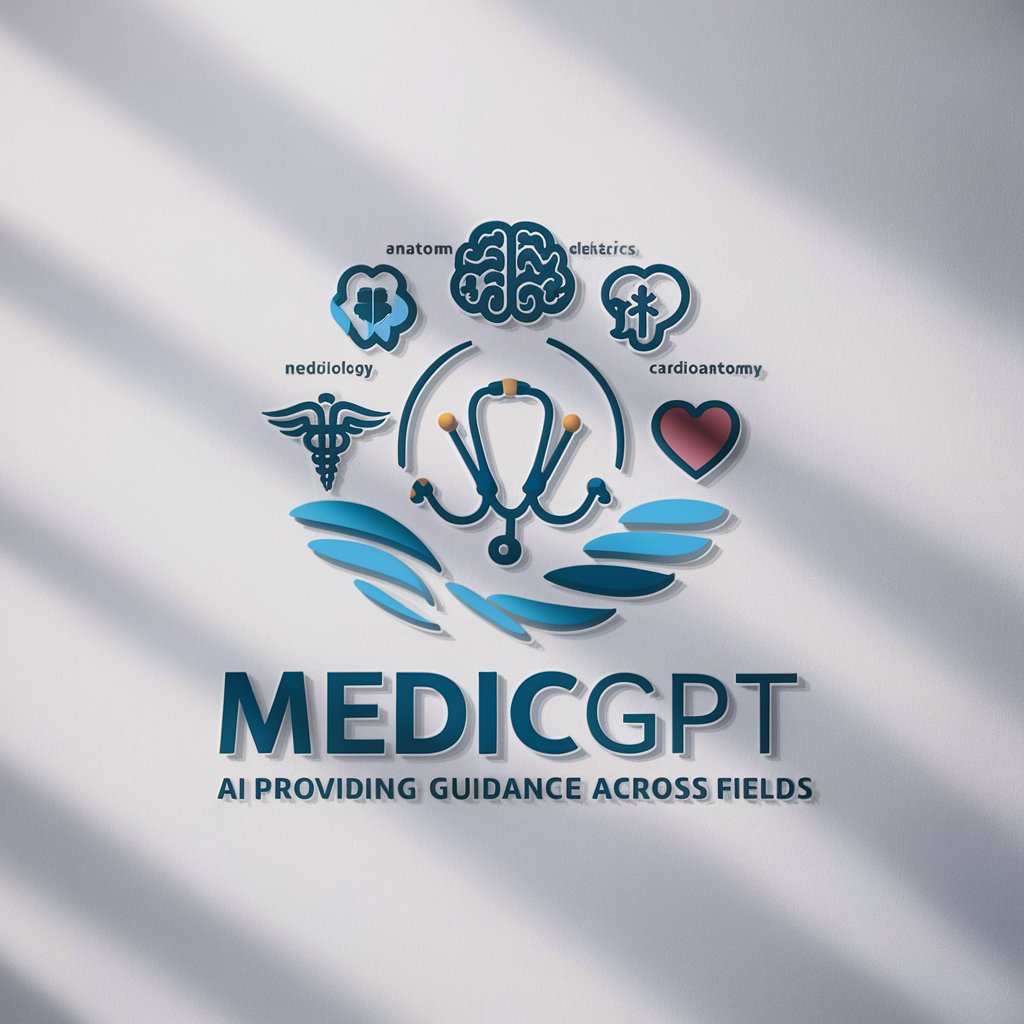
Medical Content Tagger - AI-Powered Medical Tagging
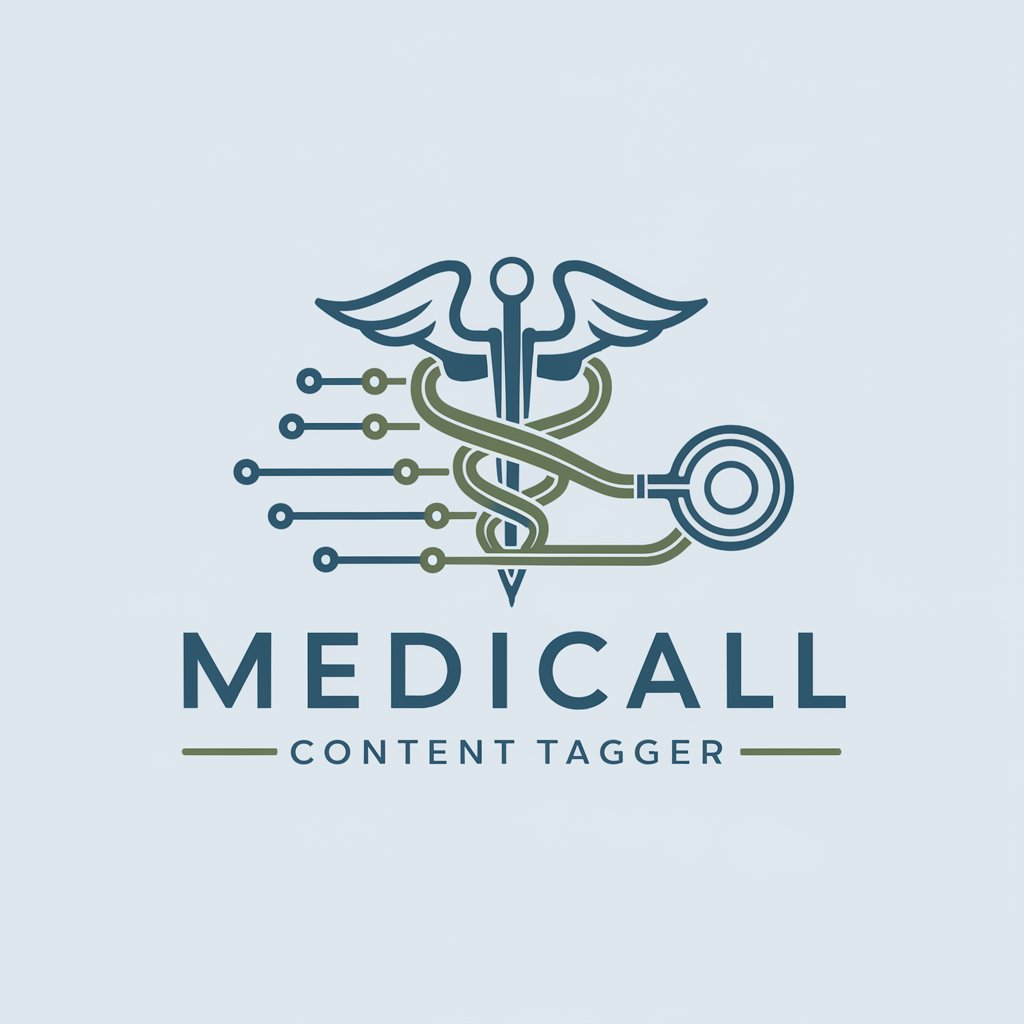
Welcome! I'm here to help you find the best medical content tags.
Unlock Medical Insights with AI
Explain the importance of accurate content tagging in medical research.
Describe the role of AI in improving healthcare documentation.
How can content tagging enhance medical data analysis?
Discuss the benefits of automated tagging systems in the healthcare industry.
Get Embed Code
Introduction to Medical Content Tagger
Medical Content Tagger is a specialized AI tool designed to analyze and categorize medical content based on its relevance and association with specific medical terms, concepts, or topics. It leverages a comprehensive knowledge base and advanced natural language processing techniques to identify and tag medical content accurately. This tool is tailored for applications in the medical and healthcare sectors, where it can sift through vast amounts of text data, such as research papers, clinical trial reports, patient records, and educational materials, to extract meaningful insights. For example, given a medical research article, Medical Content Tagger can identify and tag it with relevant terms like 'diabetes', 'insulin resistance', or 'metabolic syndrome', enabling easier navigation, search, and organization of medical literature. Powered by ChatGPT-4o。

Main Functions of Medical Content Tagger
Content Tagging
Example
Tagging research articles with specific medical conditions or treatments
Scenario
Researchers can use Medical Content Tagger to quickly identify relevant articles for their studies by searching for tags related to their research interest, such as 'heart disease' or 'lipid-lowering medications'.
Information Extraction
Example
Extracting drug names and dosages from clinical trial reports
Scenario
Pharmaceutical companies can analyze clinical trial documents to extract specific information about drug efficacy, side effects, and dosage recommendations, facilitating the drug development process.
Data Organization
Example
Organizing patient records by medical conditions
Scenario
Healthcare providers can use the tool to categorize patient records, making it easier to track patient histories, identify treatment patterns, and improve care delivery.
Literature Review
Example
Facilitating systematic literature reviews by identifying relevant studies
Scenario
Academic researchers can automate part of the literature review process by using Medical Content Tagger to identify and compile studies that match specific criteria, streamlining research efforts.
Ideal Users of Medical Content Tagger Services
Medical Researchers
Medical researchers benefit from using Medical Content Tagger to efficiently sift through vast amounts of literature and data, identifying relevant studies and information that can aid in their research projects.
Healthcare Professionals
Healthcare professionals, including doctors and nurses, can utilize the tool to quickly access medical information and patient data, which can support diagnosis, treatment decisions, and patient care planning.
Pharmaceutical Companies
Pharmaceutical companies can apply Medical Content Tagger in drug development and market research, using it to analyze clinical trial data, monitor drug safety, and assess market needs and opportunities.
Medical Librarians and Information Specialists
Medical librarians and information specialists can use the tool to organize and manage medical information resources, improving access to and the usability of medical literature and databases.

Using Medical Content Tagger: A Step-by-Step Guide
Step 1
Start by visiting yeschat.ai to access Medical Content Tagger for a hassle-free experience without the need for sign-up or a ChatGPT Plus subscription.
Step 2
Input your medical text or query into the designated field to initiate the tagging process.
Step 3
Review the automatically generated tags, which represent key medical concepts related to your input.
Step 4
Use the tags to categorize, search, or analyze medical content more effectively.
Step 5
For optimal results, ensure your input text is clear, concise, and focused on specific medical topics.
Try other advanced and practical GPTs
Grimoire of Code
Empowering code excellence with AI
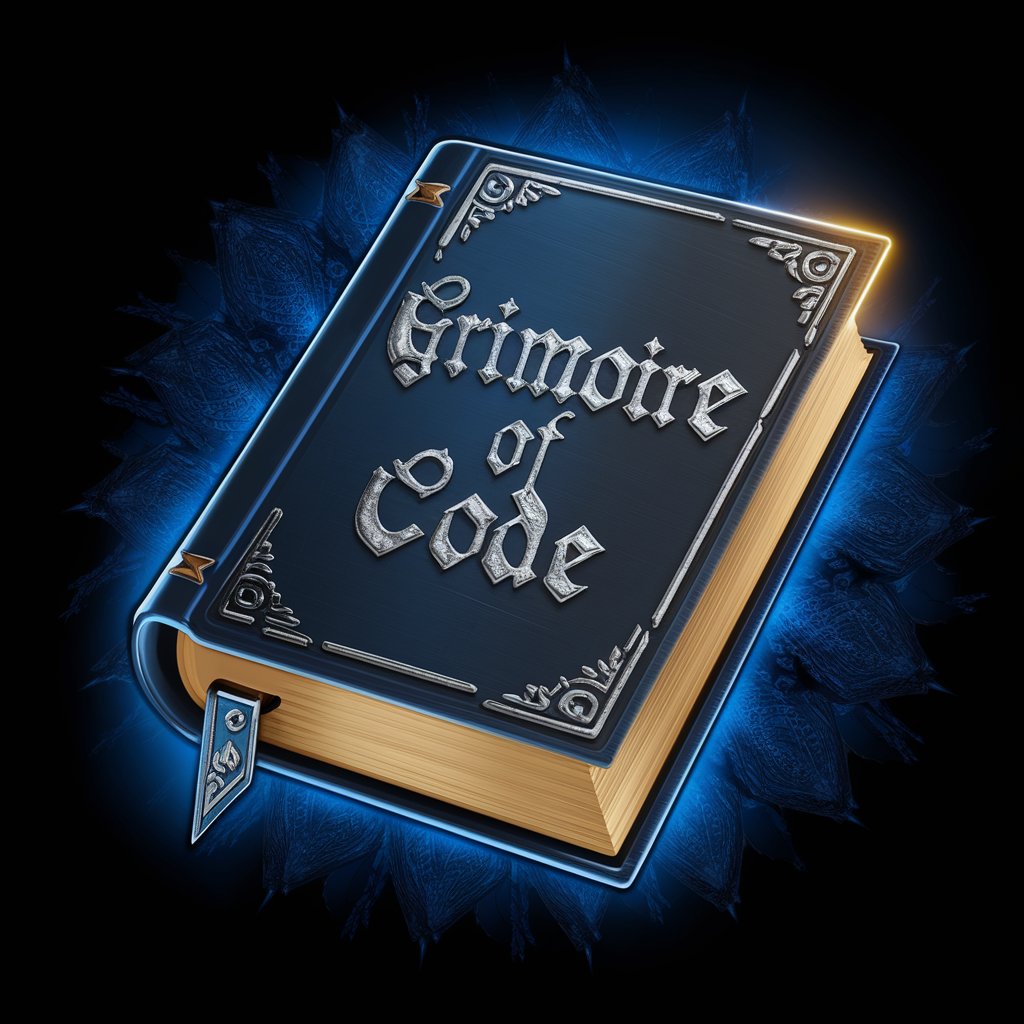
Aire Notas
Elevate Your Writing with AI
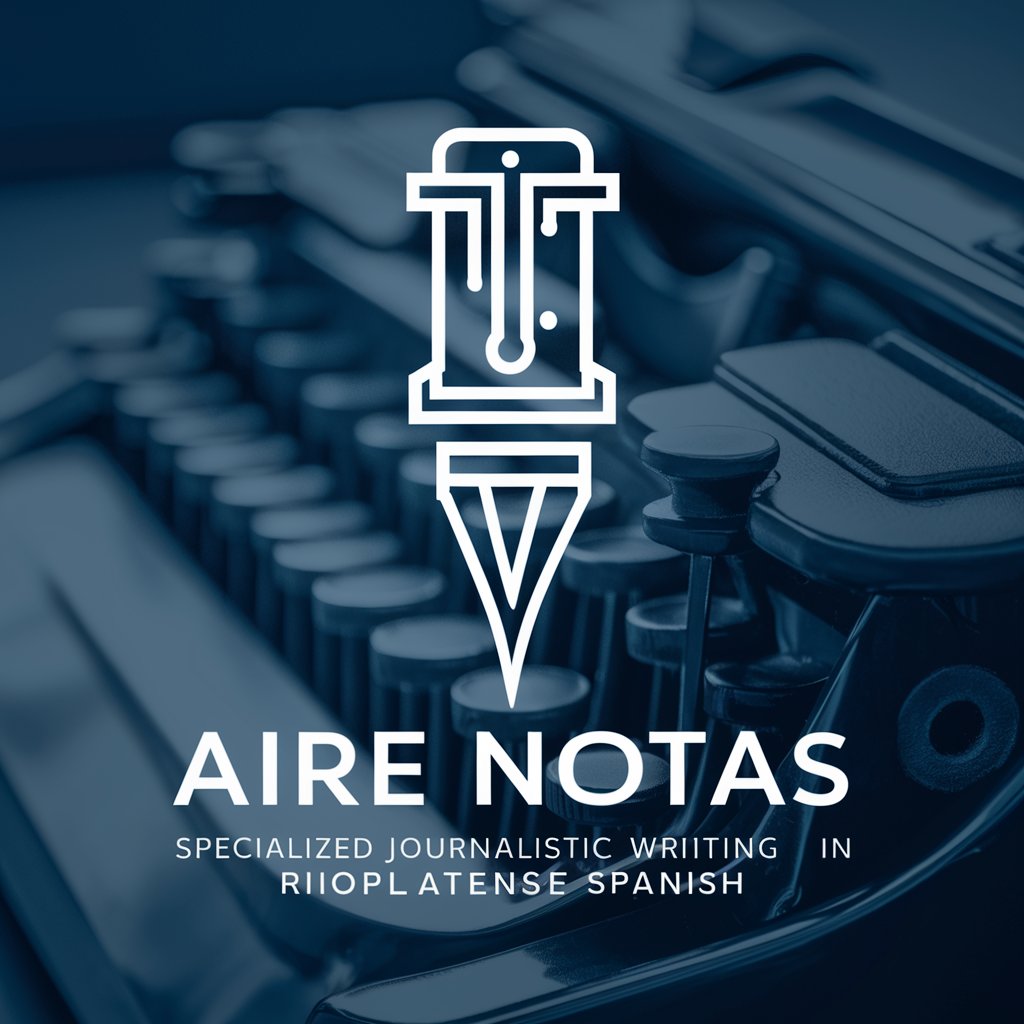
Prompt Wizard GPT
Crafting Smarter Prompts with AI
Fight GPT
Predict fight outcomes with AI precision.
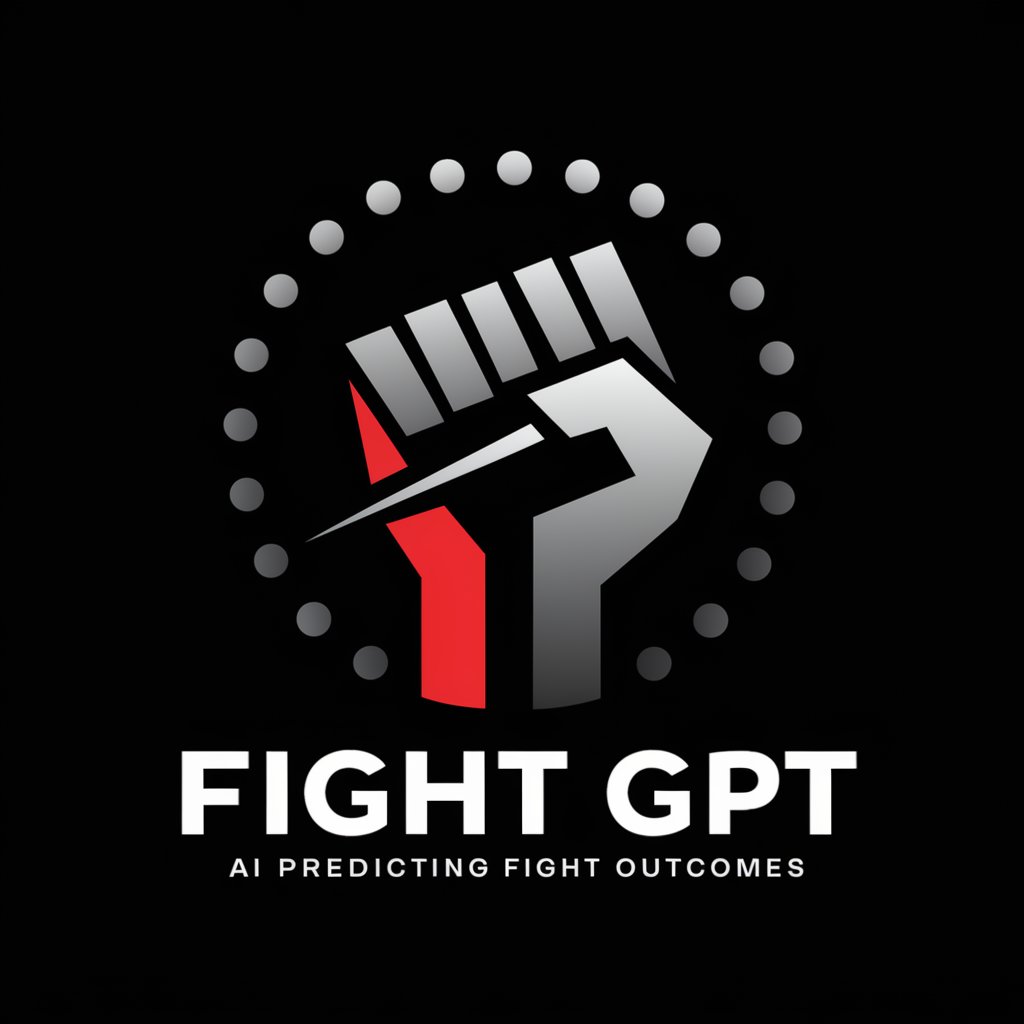
Healthscribe
Crafting Healthier Content with AI
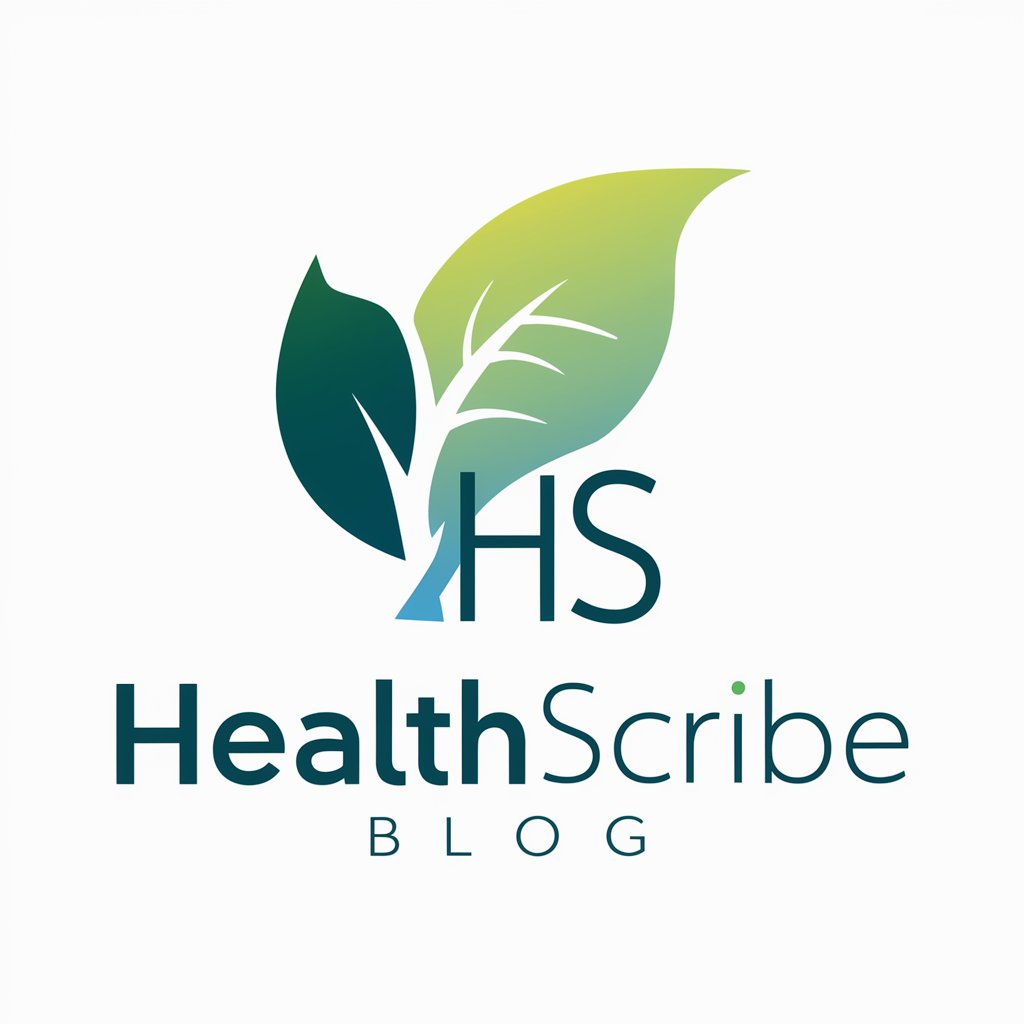
Web Summary Expert
AI-powered Web Content Summarization

Quiz Tendenze Crochet e Knitting BLOG
Unraveling Yarn Trends with AI
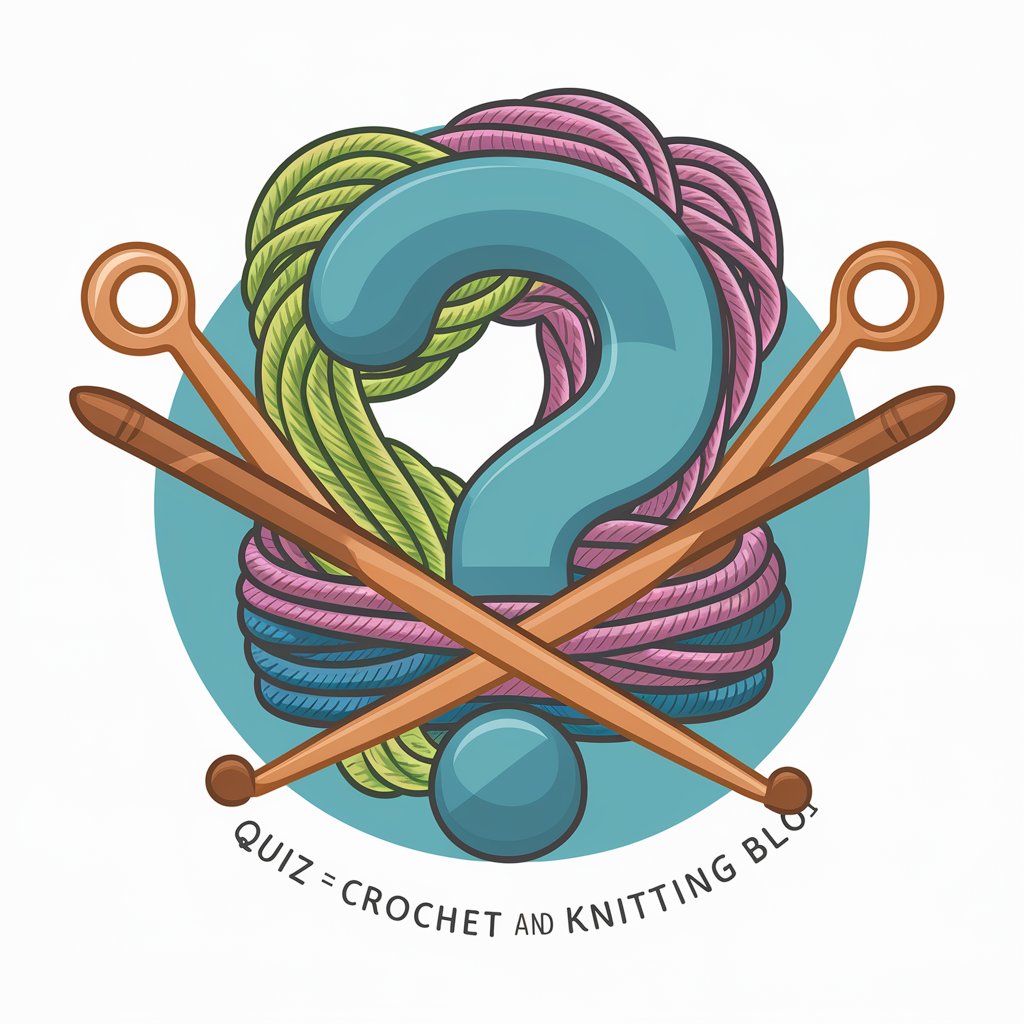
AI TECH COACH
Empowering Healthcare Learning with AI
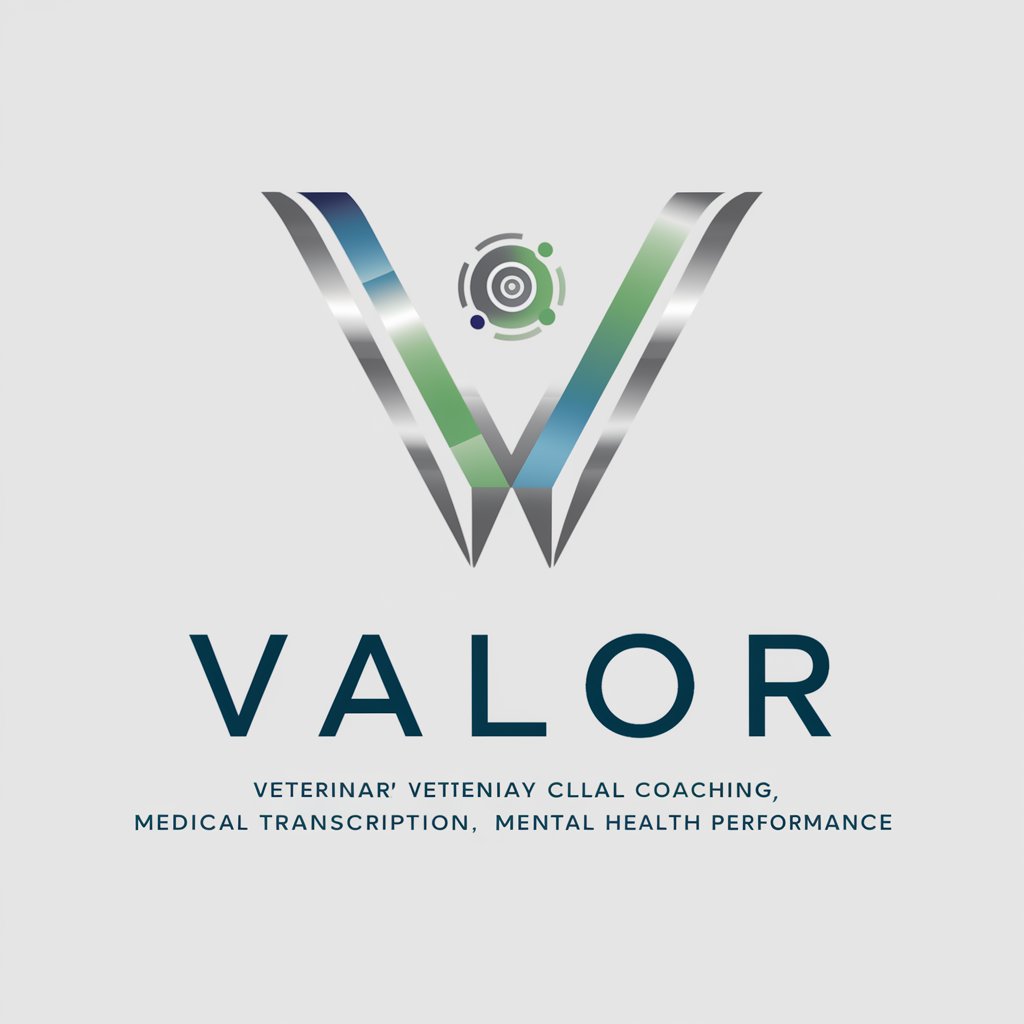
Beauty Guide
Empowering beauty with AI-guided tattoos

GreenTech Navigator
Powering the Future with AI-Driven Insights

Master Alibi Excuses
Crafting Your Perfect Alibi with AI

Professional Message Composer
Craft messages smarter, not harder.

Frequently Asked Questions about Medical Content Tagger
What is Medical Content Tagger?
Medical Content Tagger is an AI-powered tool designed to analyze and categorize medical text by identifying key concepts and terms.
How does Medical Content Tagger work?
The tool processes your input text using advanced natural language processing algorithms to identify and tag relevant medical keywords and concepts.
Can Medical Content Tagger handle complex medical documents?
Yes, it is equipped to handle a wide range of medical documents, from research papers to clinical notes, by extracting and tagging pertinent information.
Is Medical Content Tagger suitable for non-professionals?
While primarily designed for healthcare professionals and researchers, its intuitive interface makes it accessible for anyone interested in medical content categorization.
How can I improve the accuracy of tags generated by Medical Content Tagger?
For best results, provide clear and focused medical text. The accuracy improves with the specificity and clarity of the input.

